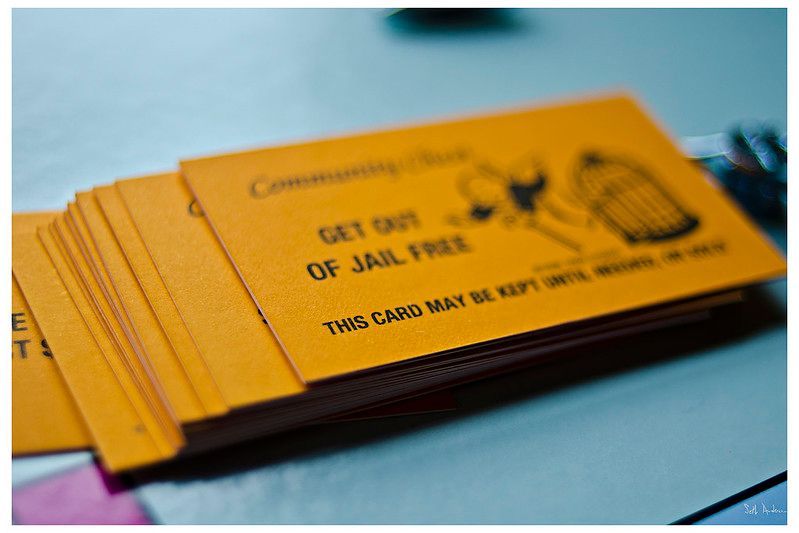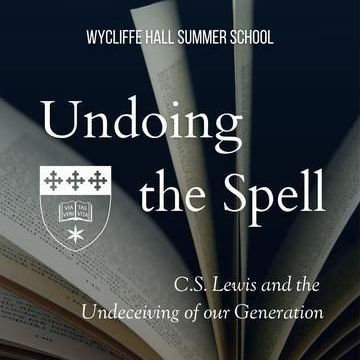There are several different ways of answering her question. I can’t quite remember which answer I gave, but her question and sense of distaste for something that is so important in Anglican liturgy has stayed with me. Partly because it so perfectly reflects what is technically called an over-realised eschatology [i.e. she was leaning too far into the future age when we’re living in both the now of our current broken state and the not-yet of our fully redeemed selves]. But I also remember it because it so aptly reveals the common trap we fall into, thinking the gospel gives a get-out-of-jail-free card from the lived human experience (aka "denial").
Fear, Faith and One Day at a Time
Some thinking 'out loud' on our humanity, how we face (or avoid) our fears in the name of pseudo-faith, and the spiritual benefit of taking things one day at a time.
A few years ago, a new parishioner came to see me. She was already a Christian long before she came to my church, but she was a new Anglican and pretty much new to mainline liturgical denominations. Among her questions, one stood out: why do we confess our sins in worship every Sunday? She was asking not because she didn’t believe that we all have sinned and need forgiveness. No, she knew she needed forgiveness, but found that confessing our sins every week a bit like returning to past wrongs in a now-reconciled relationship. Why pretend like God's forgiveness wasn't enough? From the joy she found in forgiveness and the liberation of the gospel, she couldn’t understand and found the weekly rhythm of confession dour and overly negative.
Take, for example, fear.
I have heard it preached (as I’m sure many people have) that “do not fear” is the most frequent command found in the Bible, which seems about right, although I've not counted. It’s usually mentioned in a sermon about the opposite of fear, namely faith. We all act out of fears. We can get controlling, defensive, manipulative, apathetic, angry and so on, all because of deep-seated fear.
God says do not fear (yes, a quick Bible review reveals this to be true).
The reasoning for not fearing that God often gives—the why we needn’t fear—is that God is with us (also true).
If God is with us, there’s no reason to fear. I can now have faith in that divine presence, I can believe in it, rest in and trust in it. The fear can dissolve, not least because that presence is love.
And yet… do I?
While the above is indeed true, we edge onto faulty ground if we start thinking that it is unchristian to ever feel fear again. It gets even more stuck if we start to hide our fears from our fellow Christians and communities, because we don’t want them thinking our faith isn’t as solid and sure as it looks on the outside.
It’s the same kind of logical confusion and faulty spirituality present in the parishioner’s question about confession. We confess our sins because we come to Jesus and receive forgiveness. We keep coming to Jesus, not because his forgiveness didn’t take and not because we’re annoyingly bringing up the past, but because we are far more sinful that we realised! There’s more to own up, there’s more to reveal. There’s are more places in me that need to be named and open up to God’s merciful love. It’s not because God’s forgiveness wasn’t enough the first time, it’s that human capacity is limited. I am human and I keep being human. The gospel is lived every day. There’s no graduation in this life.
Lastly, here’s the thing I’ve been reminded of recently. God doesn’t need my perfection. He doesn’t need me to be fearless, sinless or anything “-less”. He knows I’m human, far more than I do. He needs my honesty, my willingness and my best for today. I put in the work. Slowly, I make progress. One day he’ll supply the perfection.
******
Cover photo: image by Ann Schreck on Unsplash
Inset photo 1: image by Seth Anderson on Flickr
Inset photo 2: image by Malvestida on
Unsplash





